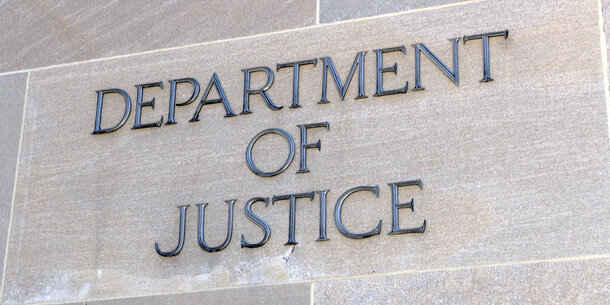New York’s legislature adjourned in June without passing the Clean Slate Act, a bill that would have sealed the criminal records of hundreds of thousands of New Yorkers, expanding access to good jobs and safe housing. With an estimated 8.7 million New Yorkers with criminal records, the law would have been a significant boost to the state’s economy and could have provided a necessary reprieve to people whose lives remain affected by convictions long after their sentences end. When lawmakers reconvene in January, this bill must be a priority.
In 2020, over 18,000 people in New York and more than half a million people in the United States left prison only to face a dizzying array of barriers precluding them from housing, education, and even employment. The result is limited economic opportunity, keeping many people trapped in poverty. Brennan Center research shows that time in prison can reduce a person’s annual earnings by roughly half. Combined with the effects of other types of criminal justice involvement, incarceration costs our communities, and the economy, hundreds of billions of dollars each year. One study estimates that in New York, the earnings loss due to underemployment among those with a criminal record reaches as high as $7.1 billion annually. These hardships are the result of policies that lead an individual’s criminal history to haunt them for years after release, often creating a “silent life sentence.”
One solution to this problem is to limit who can access a criminal record, and when. This process, called “sealing” or “expunging” a criminal record (depending on how restricted the record becomes), has been adopted in several states, with promising results. For example, an analysis of Michigan’s record-clearance law showed that wages increased by more than 20 percent on average following expungement.
But access to record sealing remains limited in many jurisdictions — including New York. Here, the process for sealing a conviction record requires an application and can be costly. Further, many eligible people are unaware that sealing is an option. As a result, less than 0.1 percent of those eligible have successfully sealed a record under the existing petition-based system. The Clean Slate Act would make record sealing much more accessible by automating the process — criminal records would be sealed after a set period of time without any need to go to court or pay legal fees. By one estimate, it could help as many as 1.4 million people.
Unfortunately, this legislation has stalled twice. In 2021, lawmakers reached a deal to pass the Clean Slate Act but were unable to vote on it due to a drafting error. While legislators could have passed the bill in a special session or with a directive from the governor, neither materialized. In 2022, Gov. Kathy Hochul prioritized one version of the legislation in her budget proposal — a strong show of support. The senate passed it, but in the waning days of the legislative session, the assembly neglected to pass the legislation.
Some legislators may have been wary of the bill’s impact on public safety, but there is every reason to believe that the Clean Slate Act would make our communities safer. The R Street Institute, a libertarian-leaning think tank, pointed out that the best available research on record-sealing laws, again focusing on Michigan, showed very low rates of recidivism among people who had their records sealed. And the Clean Slate Act has strong built-in protections to ensure public safety. People only become eligible for record sealing after several years — three years for a misdemeanor and seven years for a felony. Recidivism after that many years out of prison is rare, and the waiting period resets after any intervening offense. Critically, people must also complete parole or post-release supervision before becoming eligible.
Additionally, the legislation went through several rounds of revisions to address public safety concerns. In 2021, it was revised to make clear that law enforcement would retain access to sealed records in some cases. And the most recent version of the bill provided robust protections for employers, ensuring that businesses would not be liable for hiring someone with a sealed criminal record. Employers and agencies required by state or federal law to conduct a “fingerprint-based” background check of applicants would also remain able to see sealed records, thus integrating existing protections for sensitive fields of work. Notably, major state employers like Verizon and JPMorgan Chase lent their support to the legislation, as did the Business Council of New York.
People released from incarceration are trailed by the long shadow of the criminal legal system years after serving their sentences due to the long-lasting collateral consequences of a criminal record. This perpetual punishment is both harmful and unnecessary. Automatic record clearing provides a safe way for formerly incarcerated individuals to more fully rejoin the community once their sentences and the required waiting periods have passed.
The Clean Slate Act would provide a way to help the economy, enable individuals to participate in their communities, and improve public safety — especially given the carefully negotiated safeguards included in its latest incarnation. While the bill did not reach the governor’s desk this session, leaders in Albany should make it a priority in the next session.




